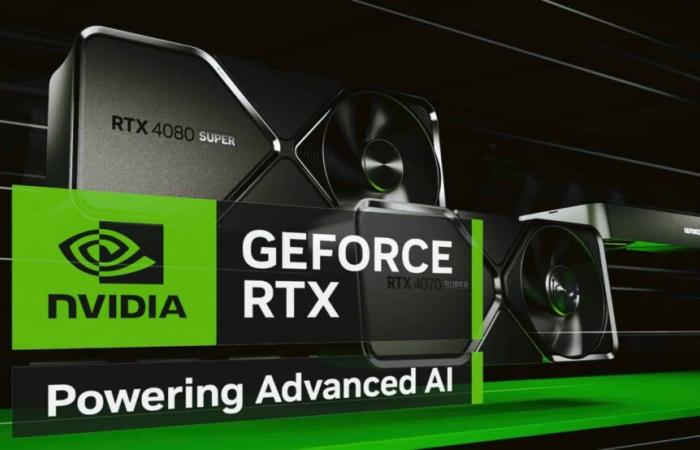Google could attack Nvidia in an area in which the manufacturer has almost total domination, artificial intelligence.
A new study from Omdia Research highlights the changes underway in the artificial intelligence (AI) chip industry. After years of near-total domination by Nvidia, the market appears to be gradually opening up to increased competition. In particular, Google’s Tensor Processing Units (TPUs) appear to be an interesting alternative, capable of reducing Nvidia’s market share.
Google, a new player in the market
According to Omdia, Google’s TPUs could generate between $6 billion and $9 billion in AI-related revenue for Broadcom in 2024. Broadcom, which designs AI chips (ASICs) for clients including Google, Meta and ByteDance, is developing also new generation AIXPUs for other players. This growing preference by cloud service providers for custom chips, often more cost-effective than Nvidia’s GPUs, enables cost-effective optimization of internal workloads.
According to estimates from Morgan Stanley, the custom AI chip market is expected to grow from $120 billion in 2024 to $300 billion by 2027. This high growth rate exceeds that of the GPU market, highlighting the the evolving needs and technological strategies of cloud players.
Nvidia could leave feathers there
Despite these trends, NVIDIA maintains a dominant position in the market. In 2024, Microsoft purchased 485,000 units of NVIDIA’s Hopper GPUs, while Meta acquired 224,000 units. In addition, NVIDIA is preparing the launch of its next generation GPUs, Blackwell, to succeed the Hopper and strengthen its position as leader in volume.
However, if Broadcom’s TPU shipments reach even the low end of Omdia’s forecast of $6 billion in 2024, that would be enough to eat into Nvidia’s market share.
An exponential market
According to Citi, the AI chip market could reach a total value of $380 billion by 2028. GPUs (mainly dominated by Nvidia) should represent around 75%, while ASICs, including TPUs, would occupy the remaining 25%. This dynamic highlights the rise of personalized solutions and their growing role in the AI ecosystem.
Tech
Canada






